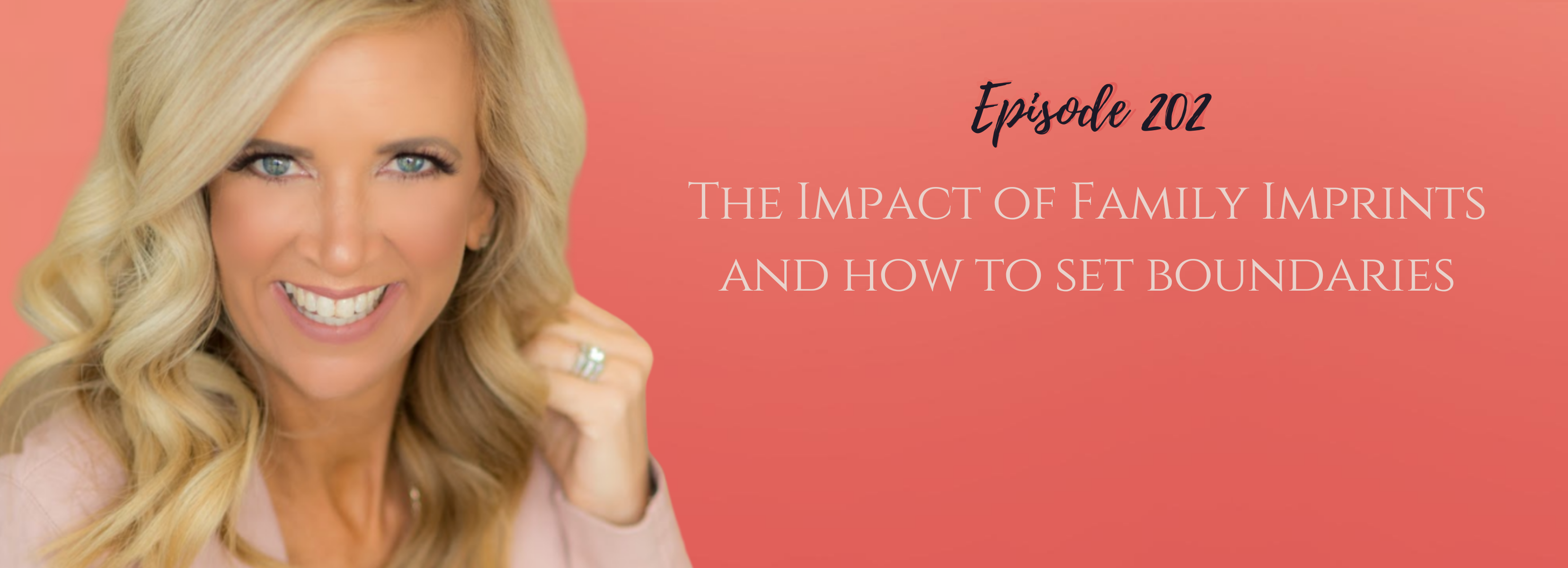
The Impact of Family Imprints & How to Set Boundaries with
Johanna Lynn - The Founder of Family Imprints Institute| 3.1.2023
In this episode, Kristen talks with Johanna Lynn, a highly trained systemic therapist and founder of The Family Imprint Institute, about how family imprints play out in your life and how to set healthy boundaries in your relationships.
You'll Learn
- How your family imprint affects your relationship choices
- Why it's important to know your family history
- What are the effects of attachment and separation
- How to create healthy boundaries with your family
Resources
Johanna Lynn's free boundary class on Thursday, March 2nd at noon EST.
https://johannalynn.activehosted.com/f/63
For counseling services near Indianapolis, IN, visit www.pathwaystohealingcounseling.com.
Subscribe and Get a free 5-day journal at www.kristendboice.com/freeresources to begin closing the chapter on what doesn’t serve you and open the door to the real you.
This information is being provided to you for educational and informational purposes only. It is being provided to you to educate you about ideas on stress management and as a self-help tool for your own use. It is not psychotherapy/counseling in any form.